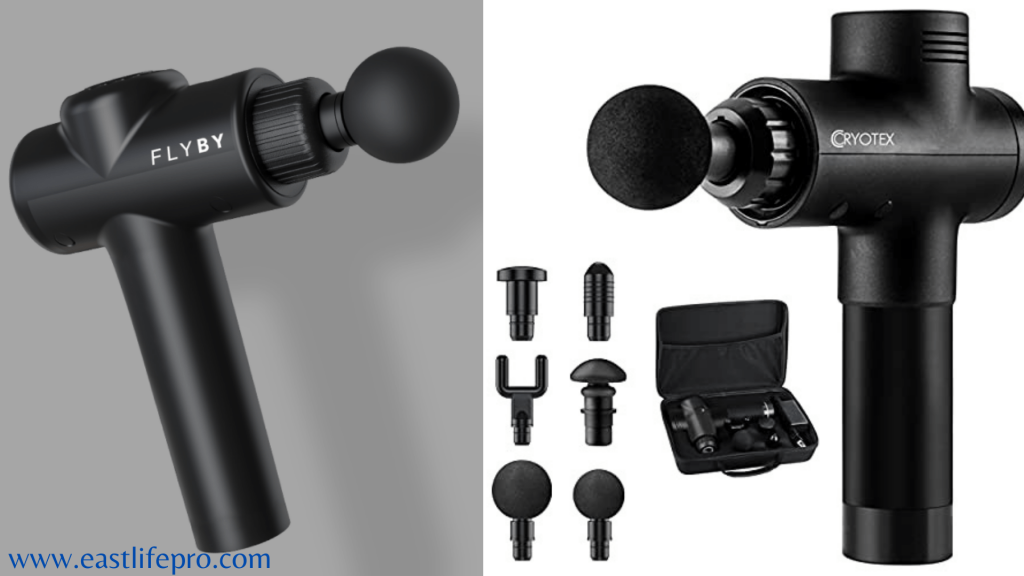The body uses hormones as chemical messengers, and they are essential for controlling a number of biological processes. Your general well-being might be impacted, and a variety of health disorders can arise when these messengers become unbalanced. Men and women are both susceptible to hormonal abnormalities, which may happen at any time in life. But thankfully, hormone imbalances may be treated in a number of ways to bring your body back into balance. The following blog will explore a few strategies to help you achieve hormonal balance and lead a healthy life.
What causes Hormonal Imbalance?
First, it’s important to grasp the basics of hormonal imbalances and how they might impact your health before exploring treatment options. When the body produces too much or too little of a certain hormone, it can lead to hormonal imbalances. Numerous variables, such as heredity, lifestyle, and medical problems, might contribute to this. Estrogen, progesterone, testosterone, insulin, thyroid hormones, and cortisol are common hormones that can get imbalanced.
Treatment Options for Hormonal Imbalance
- Hormonal Replacement Therapy
In some circumstances, hormonal balance might have to be restored by medical intervention. One therapeutic option is hormone replacement therapy (HRT), which is substituting synthetic or bio-identical hormones for hormones that are lacking. This is frequently used to treat thyroid problems or hormonal abnormalities brought on by menopause. HRT, however, has possible hazards and side effects and should only be used under a healthcare provider’s supervision.
- Therapy options
There are also contemporary treatment options available that can help with hormonal imbalances. For instance, progressive medicine is a new method of treating various ailments; it combines medicine with other options, such as meditation or lifestyle changes. It does not just treat hormone imbalance with medications; instead, it addresses its underlying causes, including lifestyle choices, stress, and diet. In order to address the underlying causes of hormone imbalances, it incorporates complementary treatments, including acupuncture, herbal medicines, and mindfulness. This gives patients a more comprehensive and individualized course of therapy. In this way, you can treat hormonal imbalances without just relying on orthodox medicines.
- Healthy Diet
Hormonal imbalance is significantly influenced by nutrition. In addition to supporting thyroid function and supplying vital minerals for hormone synthesis, a balanced diet can assist in the control of insulin levels. Accordingly, you should include whole foods in your meals, such as whole grains, fruits, and vegetables, together with lean meats. To minimize inflammation and enhance the general health of your hormones, you should also concentrate on eating foods high in antioxidants and anti-inflammatory qualities. Processed meals, sugary snacks, and excessive caffeine and alcohol intake should be avoided or limited since they might upset the hormonal balance.
- Regular Exercise
Another essential element in the management of hormone imbalances is exercise. Frequent exercise can aid in weight management, stress reduction, and insulin sensitivity. It has been demonstrated that strength training and aerobic exercise are both good for hormone modulation. Accordingly, you should make exercise a permanent part of your lifestyle by incorporating 150 minutes or more of moderate-intensity activity each week.
- Stress Management
Hormonal imbalances can be significantly influenced by long-term stress. Your body releases the stress hormone cortisol during times of stress, and too much of it can interfere with other hormonal processes. Deep breathing exercises, yoga, meditation, and mindfulness are a few practices that can help lower stress and support hormonal balance. Hence, you should schedule downtime for rest and self-care to lessen the damaging consequences of ongoing stress.
- Sleeping
Sleeping enough and well is essential for maintaining hormonal balance. Your body goes through critical hormonal regulation and repair processes while you sleep deeply. Therefore, you should try to get between seven and nine hours of sleep every night. To enhance the quality of your sleep, you should create a sleep-friendly atmosphere, stick to a regular sleep schedule, and avoid using electronics just before bed.
- Herbal Supplements
Several herbs and supplements are believed to support hormonal balance. For example, black cohosh and red clover are commonly used to alleviate menopausal symptoms, while maca root is thought to enhance libido and energy. Nevertheless, it’s important to consult with a healthcare provider before using herbal supplements, as they can interact with medications and have varying effects on different individuals.
- Weight Management
Hormone control is also dependent on maintaining a healthy weight. Increased estrogen levels and insulin resistance are two consequences of excess body fat, particularly in the abdominal region. Hormones called leptin and ghrelin are important in controlling appetite and hunger. The imbalance of these hormones can be upset by excessive weight gain, which increases hunger and encourages overeating. Combining food and exercise to lose weight might enhance hormonal balance and lower a woman’s chance of developing diseases like polycystic ovarian syndrome (PCOS). Moreover, maintaining a healthy weight can be made simpler by using weight management techniques, including portion restriction and mindful eating, which can help normalize hormonal levels.
- Limit Environmental Toxins
Hormone function can be disturbed by environmental pollutants present in common items. Pesticides, plastics, and some cosmetic products contain these poisons, which are referred to as endocrine disruptors. To lessen your exposure, look for items without BPA, eat organic food wherever you can, and learn about the components in the personal care products you use. Hormonal balance can be supported by limiting your exposure to these substances.
- Professional Advice
Seeking medical advice is imperative if you suspect a hormone imbalance or exhibit symptoms, including mood swings, exhaustion, irregular periods, or changes in weight. They are able to conduct tests to identify the particular hormonal problem and provide suitable remedies. Medication, lifestyle modifications, or other therapies specific to your case may all be part of your treatment. Various supportive therapies can also aid in the management of hormonal abnormalities in addition to the previous techniques. These consist of massage treatment, chiropractic adjustments, and acupuncture. These complementary therapies maintain hormonal balance while lowering stress, enhancing circulation, and promoting general well-being.
Conclusion
It is essential to attain hormonal balance for general health and well-being. You may take charge of your hormonal health and live a balanced life by altering your lifestyle, getting expert help when needed, and investigating supporting therapies. Keep in mind that every person’s path to hormonal balance may be different, so it’s critical to be patient in your attempts to bring your body back into harmony.
James Martin is a passionate writer and the founder of OnTimeMagazines & EastLifePro. He loves to write principally about technology trends. He loves to share his opinion on what’s happening in tech around the world.



